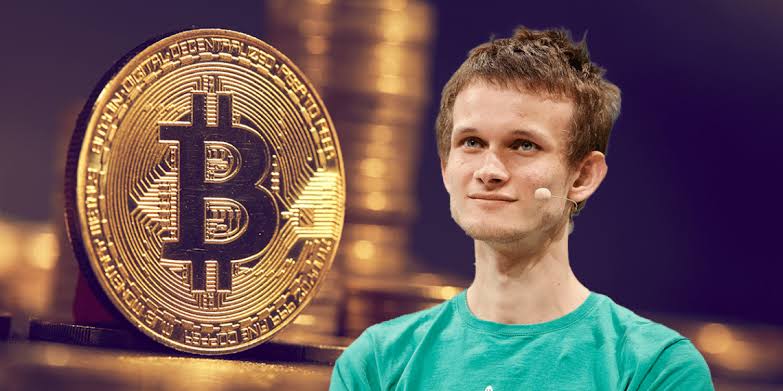Bitcoin block size dispute is revolved around whether to increase the block size limit from 1 MB to facilitate more transactions and reduce costs.
A clear topic was at the center of the initial discussion around the dispute in Bitcoin block size “Should Bitcoin go through a hard fork in order to increase the block size limit from 1 MB to a larger value?” Proponents of increasing the block size claimed that it would allow Bitcoin to execute a greater number of transactions, resulting in a reduction in transaction costs.
However, this modification would also make it more difficult and expensive to run and certify nodes, which could potentially result in the network being more centralized. The basic issue brought to light Bitcoin’s identity crisis, which centers on the question of whether the cryptocurrency should emphasize becoming a low-fee transaction network similar to established payment processors or if it should keep its uniqueness as a decentralized currency exempt from central control.
Buterin Warns Against Governance in Bitcoin Block Size Debate
Vitalik Buterin emphasized that an active governance structure, which is required for controversial modifications such as Bitcoin block size increases, has the potential to undermine Bitcoin’s fundamental benefit, which is its decentralized nature. This would make Bitcoin vulnerable to manipulation by miners, exchanges, or other major entities. One of the most significant points of contention between small blockers and major blockers was the difference in their approaches to governance and the technological priorities they have.
Small blockers placed a high emphasis on the simplicity of operating a node and the preservation of decentralization. They were of the opinion that Bitcoin should continue to be accessible to regular users. They were concerned that major players would come to dominate the network, which would undermine the network’s decentralized nature.Big blockers, on the other hand, place a higher priority on scalability and lower transaction fees.
They argued that larger Bitcoin block size would make Bitcoin more inexpensive for users and would prevent this cryptocurrency from being dependent on centralized layer-2 solutions. Bier characterized small blockers as champions of user sovereignty against powerful miners and exchanges, whereas Ver portrayed large blockers as defenders of user affordability against entrenched, venture capital-funded interests like Blockstream.
Bier’s portrayal of small blockers was more accurate. The scope of this ideological conflict went beyond technical particulars and encompassed a more comprehensive view of Bitcoin’s future. When Buterin reflected on the Bitcoin block size conflict, he admitted that there were merits on both sides, those who advocated for larger blocks were accurate in their belief that larger blocks were necessary to prevent excessive transaction costs, while those who advocated for smaller blocks were more technically conservative and produced fewer errors.
The conflict highlighted an ongoing challenge in decentralized societies, reaching a consensus without causing divisions. He pointed out that the example of Bitcoin Cash, which broke away from Bitcoin to pursue larger blocks, serves as a good example of the problems that can arise when using forking as a governance technique.
Following the fork, Bitcoin Cash itself went through more splits, which brought to light the challenge of preserving unity and cooperation within decentralized movements. Buterin’s program, Zuzalu, aimed to foster positive change within digital communities by prioritizing execution over mere ideological alignment. It was his recommendation that you read both “The Blocksize War” by Bier and “Hijacking Bitcoin” by Patterson and Ver in order to fully comprehend the significance of this major turning point in the history of Bitcoin and its ramifications for the development of future digital states.
